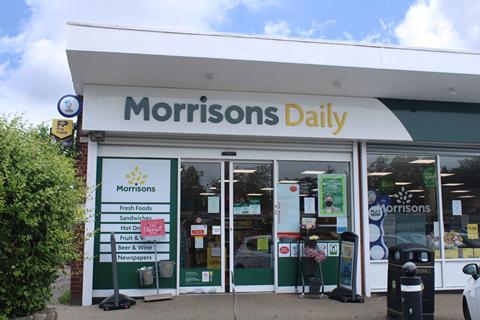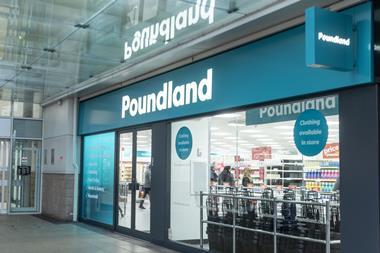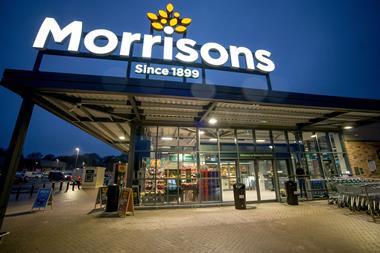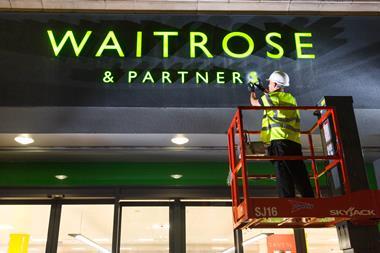Supermarket convenience stores have been revealed to cost shoppers up to 21% more than if they were to shop at larger branches, according to a study by Which?

The study looked at 42 items such as cheese, pasta and blueberries at the UK’s largest supermarket-branded convenience chains – Morrisons Daily, Sainsbury’s Local and Tesco Express − to compare the products with prices at their respective larger supermarkets.
The biggest price difference for both branded and own-label items was at Morrisons, as the research showed shoppers would pay 21% more on average for the same products at a Morrisons Daily compared to its larger stores.
It was also found that Morrisons’ loyalty scheme members could pay 22% extra at a Daily store as the card is not accepted in these branches.
Morrisions said it was “actively working” to expand its More card to its convenience stores.
A Morrisons spokesperson said: “We’re always working hard to keep prices down and competitive for our customers while maintaining high standards and availability in all our stores.
“Last year, we became the first supermarket to introduce our budget Savers range into Morrisons Daily stores nationwide.”
The study found Morrisons, Tesco and Sainsbury’s convenience stores charged 8% more for two pints of own-label semi-skimmed milk.
Tesco and Sainsbury’s said their c-stores are usually in city or town centre locations where rent and operating costs are higher compared to their size and that the price difference of some products reflect this.
The average price difference at Tesco is 10% and Sainsbury’s is 5%. Sainsbury’s Nectar card members could pay an average of 14% more at local convenience stores, with Tesco Clubcard members paying an average of 11% more in a Tesco Express than its larger counterpart.
Which? retail editor Ele Clark said: “Unfortunately, many people are without easy access to transport or online deliveries, which leaves them reliant on smaller nearby stores.
“Convenience stores may often be easier to travel to and handy for shoppers who need to stock up on a few essentials but people who have to use them regularly will be spending significantly more over the course of a year than those with access to larger supermarkets.”
























1 Reader's comment